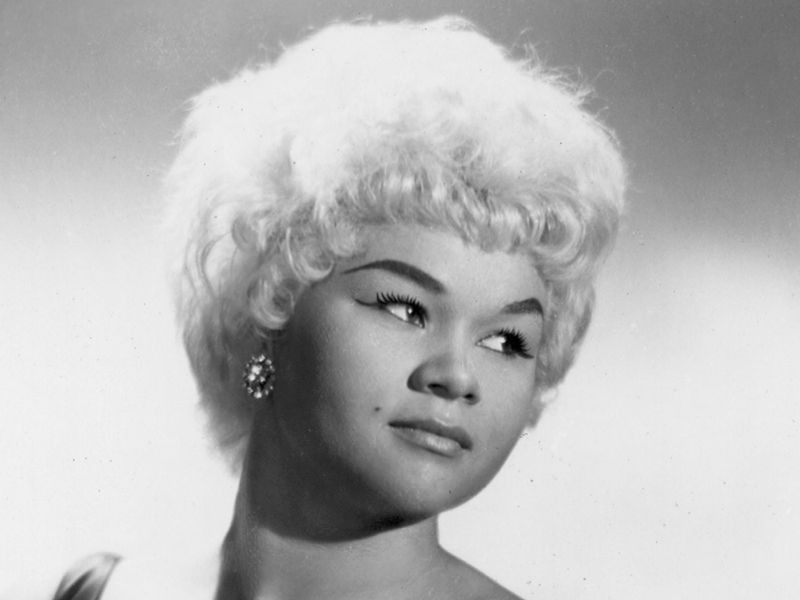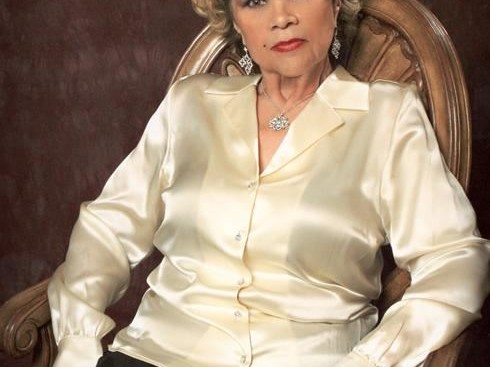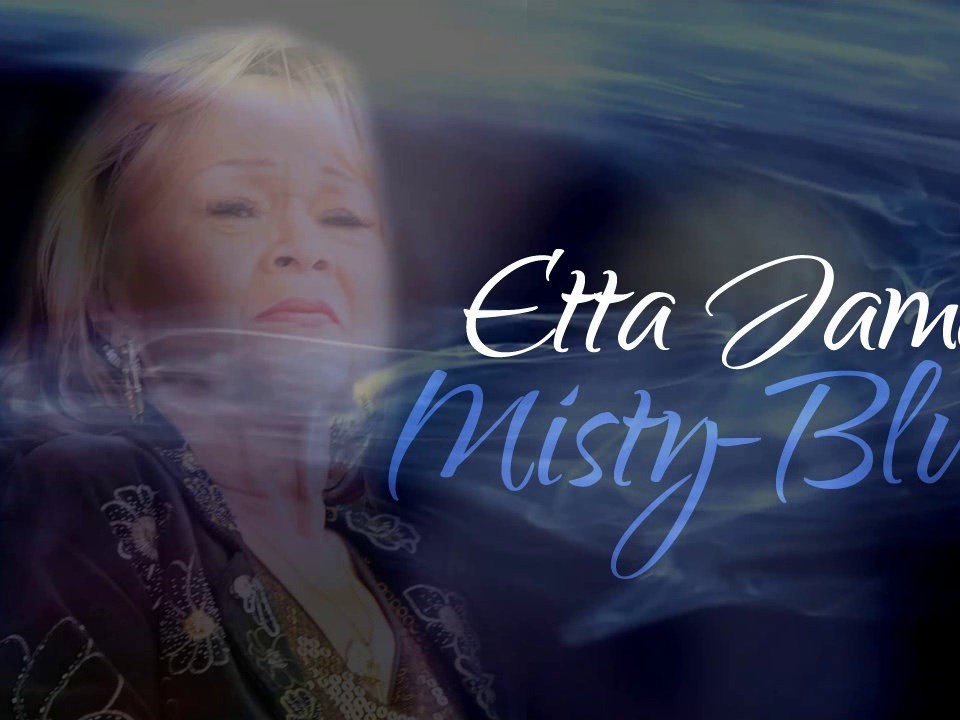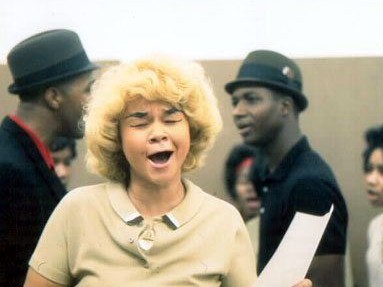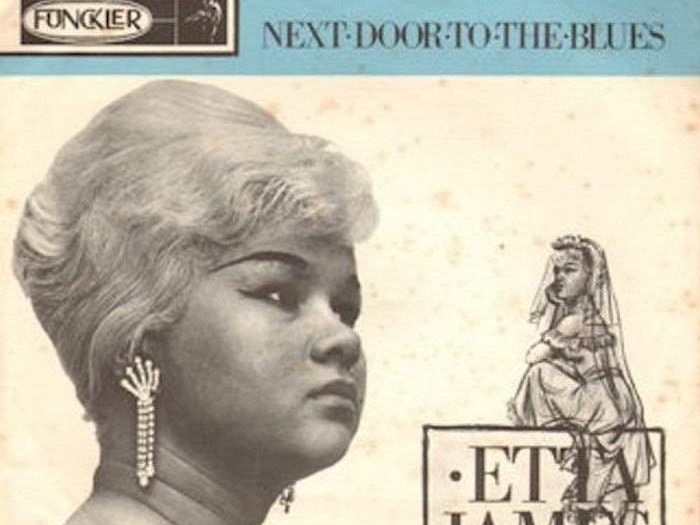Today, which would have been Etta James’ 74th birthday, we celebrate with the song that stands as her most enduring contribution to music: “At Last.”
1960’s At Last! was the album that gave Etta her true identity as a solo artist, and created massive crossover success that made her a household name.
The timeless title track has become a beloved classic known all around the world, from the smallest wedding chapel to the White House, and everywhere between. But many don’t realize just how genius Etta’s recording was.
The song was written for and originated by the Glenn Miller Orchestra in the 1940s, and had been a well-known standard for nearly 20 years before Etta took it on. The sweet, glowing melody, as written, is fairly straightforward and simple…and VERY little like anything that came out of Etta’s mouth in the studio.
In an excellent Time Magazine obituary, Richard Corliss wrote:
Lyricist Mack Gordon and composer Harry Warren, Hollywood’s most prolific hitmaker, had written the number for the 1941 Glenn Miller movie Sun Valley Serenade, but it was held for the following year’s Miller film, Orchestra Wives. Performed as a duet by Lynn Bari (who mouthed the words to Pat Friday’s vocal) and Ray Eberle, the piece has middling-to-good words and a stroke of genius in the opening few bars: Warren flattens “love” (“At last, my love has come along”) from a major to a minor chord. That one note darkens the tone from ecstasy to assonance, from the choir to the blues. […] James ran with that poignant tone. The emphasis was no longer on I’ve-just-fallen-in-love but on What-took-so-long?, and Will “at last” last?
That approach to the lyrics made it perfect for Gary Ross when he directed the 1998 film Pleasantville, about two teen siblings who find themselves trapped in a 1950s sitcom where everything’s in black and white and the world is claustrophobically limited. As the two outsiders flesh out the lives of the other characters with new knowledge and experiences, things begin to fill in with color. After spending much of the movie in of drab monochrome, Ross builds a key sequence around Etta’s “At Last” as we see, for the first time, the whole screen bloom into vivid color. The result is something pretty special.
“At Last” had never been heard the way Etta did it. Her version was a wild revelation—jazz in its purest definition, a brilliantly original re-interpretation of an existing tune. She’s so sure of what she’s doing that she doesn’t even bother to establish the actual melody before decimating it—she stays true for the first three notes and then flies off into the stratosphere, no longer able to contain herself. Almost everything from there is completely her own, improvising an entirely new melody on the spot, around the chord changes the song was built on—the exact same method behind instrumental solos in every genre from blues to heavy metal to salsa.
Occasionally she touches on one or two of the original notes almost as a reference point more than anything else, but that’s about it. Etta found the heart of that song, crawled in, and rebuilt it from the inside out. And she did it with such confidence and style that now everyone thinks that IS the melody.
Nope.
If Etta or producers Leonard and Phil Chess could’ve had any idea at the time just how enduring her approach would prove, and how many times her version would be covered over the next five decades, they would’ve been smart to give Etta partial songwriting credit along with Warren and Gordon. The arrangement itself is knockout enough—positively regal, even. All these years, and still every heart in the room throbs at the heavenly swell of those strings. And to think that arrangement was written for the simple melody found on the original sheet music. Etta charged into the song like an explorer conquering an uncharted continent and fearlessly claimed it as her own. When you hear people sing “At Last” today, or even just hear people talk about it, they’re not talking about the song Harry Warren wrote in 1941. They’re talking about the melody Etta James invented.
Like turning the wheel of a kaleidoscope and finding whole new colors and images, Etta turned a simple standard over and over in her hands and shook out a spectrum of sound and emotion no one had dreamed was possible, and created something so stunning in its perfection that now, more than 50 years later, the whole world believes that’s how it always was, and there was never another before it. That is how gifted Etta James was not just as a singer, but as a musician.
Etta may not be here with us to celebrate this birthday, but her shining musical legacy will outlive us all.
RELATED POSTS
January 1, 2012
Etta James: Artist of the Month January 2012
January 18, 2012
Song of the Day- Etta James “Sookie, Sookie”
January 20, 2012

